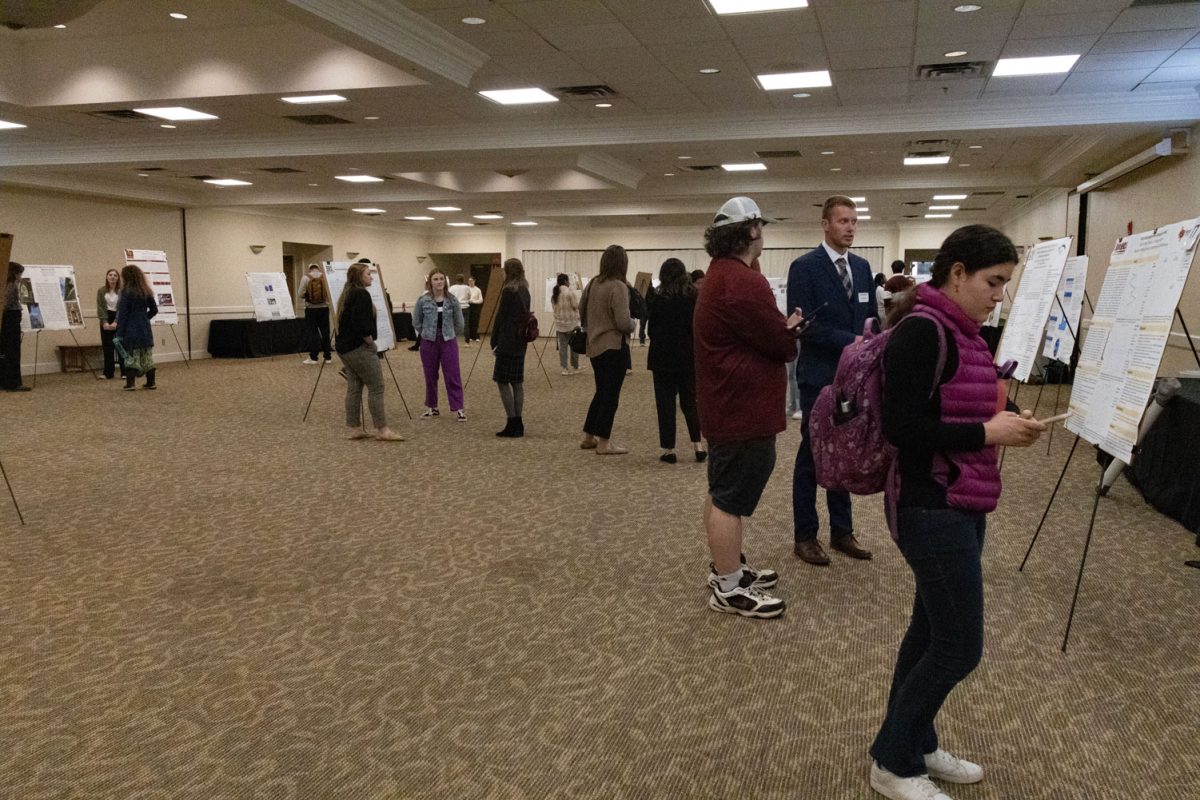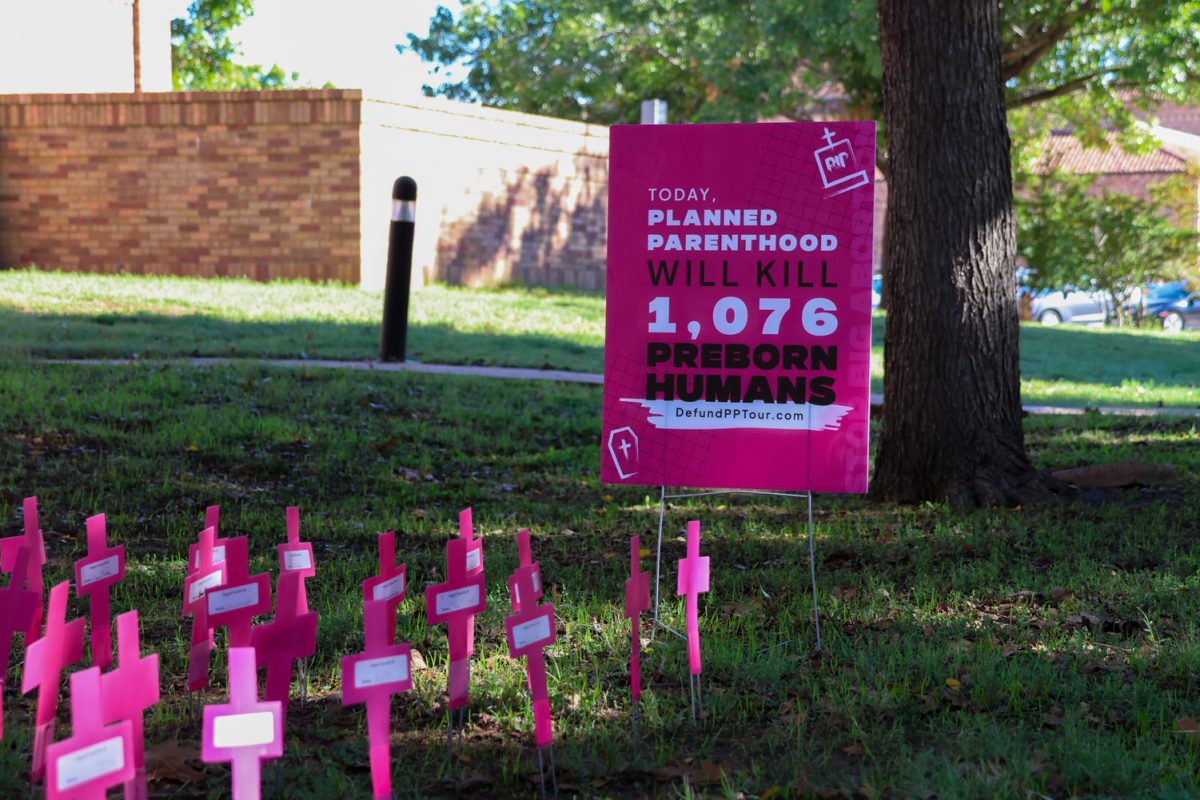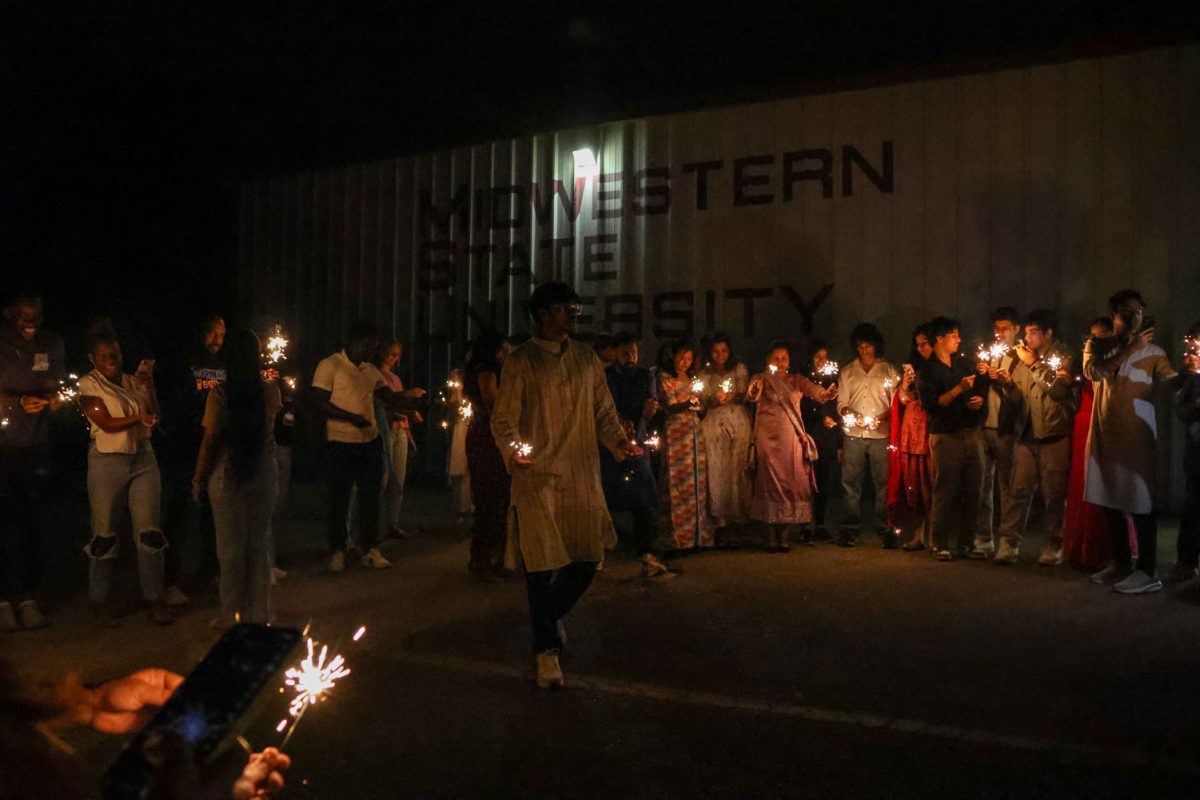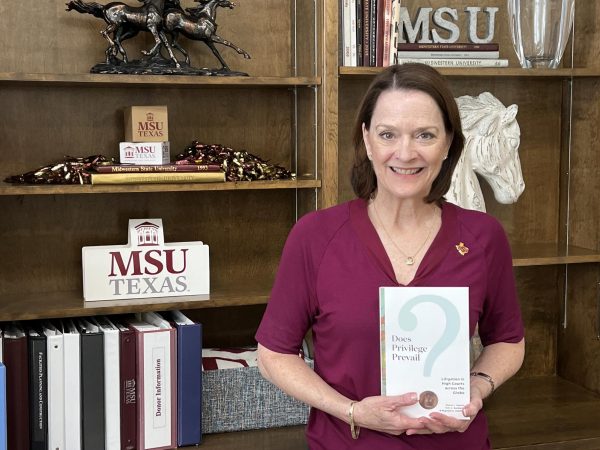
Co-authored by President Stacia Haynie, University of South Carolina professor of political science Kirk Randazzo and Michigan State University professors of political science Reginald Sheehan, “Does Privilege Prevail?” investigates the justice system rulings of Australia, Canada, India, the Philippines, South Africa and the United Kingdom.
The project met several setbacks, including the deaths of two contributors, Neal Tate and Donald Songer. Tate was college advisor and began the research into other countries’ courts, writing a dissertation on the Filipino Supreme Court. Songer was Sheehan’s advisor and built a strong base of knowledge on the U.S. Court of Appeals.
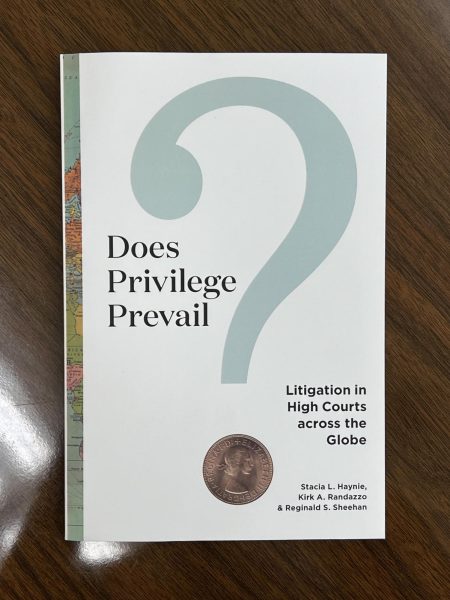
The United States Supreme Court has a relatively expansive dataset regarding cases, including participants, judges, authors and rulings. Because of this record of information, experts can develop theories and predict the outcomes of modern cases. Haynie says she and her team of political scientists wanted to study if this skill translated to other nations’ courts.
“Well, those of us who study courts in other countries, do those theories actually also hold true? Trying to predict outcomes in other countries,” Haynie said.
The National Science Foundation funded the research, which Haynie says helped the authors develop a data set recording decisions of the previously mentioned nations’ high courts.
“I was responsible for India, the Philippines and South Africa. And then we also explore Australia, Canada and the United Kingdom from 1970 to 2000. So we have 15,500, approximately, decisions across that timeframe,” Haynie said.
The University of Virginia Press published “Does Privelege Prevail?” in April.














